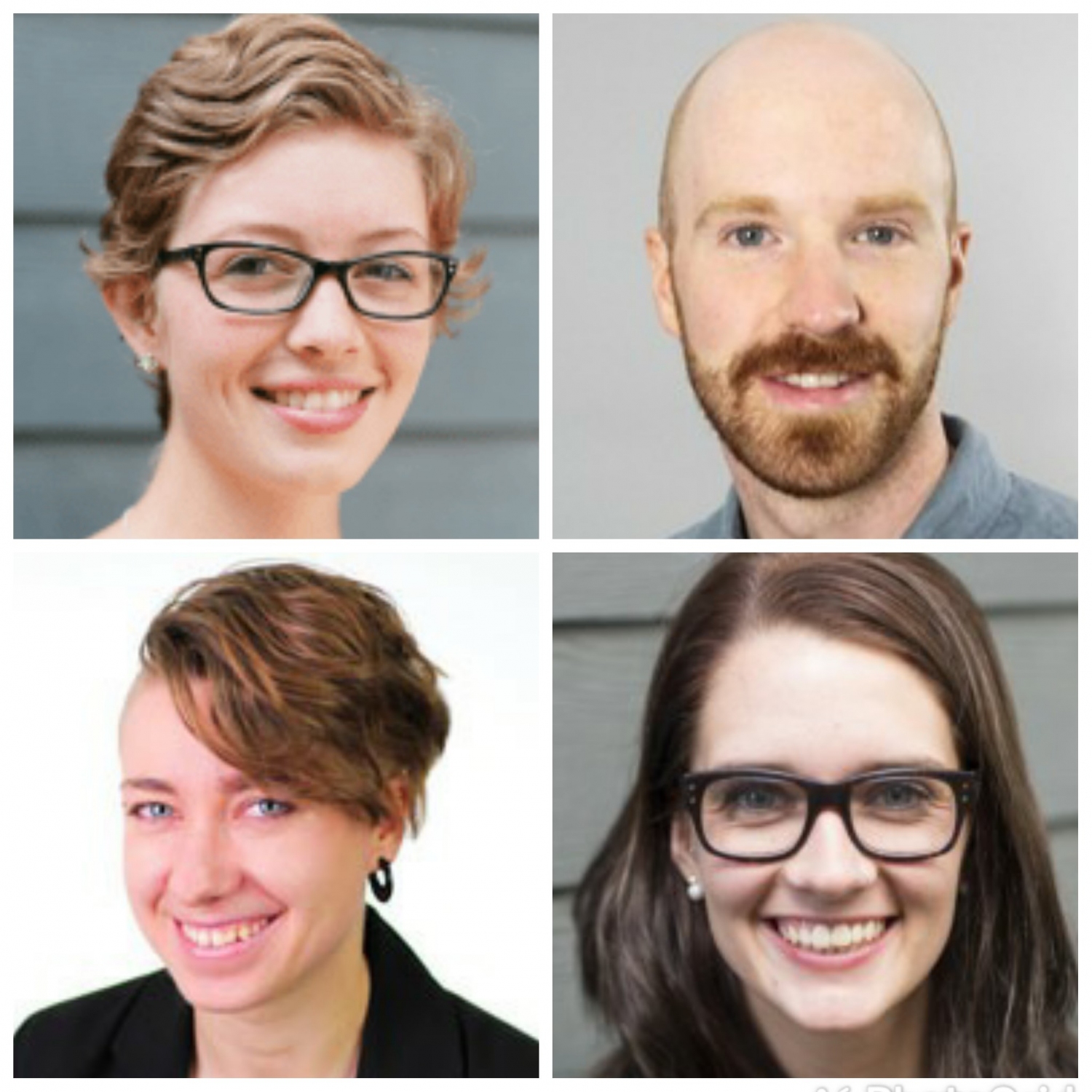News and Releases

Alumni Profiles
CMU alumni and the Crisis & Trauma Resource Institute
Why CMU graduates are drawn to trauma-informed futures
Tuesday, January 19, 2021 @ 9:49 AM | Alumni Profiles
 CMU alumni at CITRI (clockwise, from top-left): Chantel Runtz, Tyler Voth, Kloe Mak, and Erin Sawatzky
CMU alumni at CITRI (clockwise, from top-left): Chantel Runtz, Tyler Voth, Kloe Mak, and Erin Sawatzky
Out of the many pockets of opportunities that come from completing a bachelor's degree at CMU, more and more graduates have turned their attention to the Crisis & Trauma Resource Institute (CTRI) situated in the West Broadway neighbourhood of Winnipeg, MB. With many CMU alumni joining the CTRI community and clinical director Vicki Enns' role teaching in CMU's Canadian School of Peacebuilding, the connection between the two institutions runs deep. CTRI, made up of a wide variety of therapists, workshop facilitators, and administrative staff offers training materials and resources focused on keeping the public trauma-informed. Their sibling division, Achieve Centre for Leadership, sets its sights specifically on how workplaces can foster leadership skills, conflict resolutions, management skills, and emotional intelligence.
But what does it mean to be trauma-informed? According to training coordinator Chantel Runtz (BA '12, International Development Studies), "to be trauma-informed means recognizing that we do not know what people have been through, about having a lens that we do not realize people's full stories." Tyler Voth (BA '15, English), working in the publishing division of CTRI, suggests that "Being trauma-informed is about being curious, and curiosity asks questions rather than makes assessments."
Part of being trauma-informed also involves realizing the cultural and structural shifts that can occur in the workplace. Executive assistant at CTRI, Kloe Mak (BA '15, English) shares that, since the outburst of the pandemic, CTRI has had to modify their workshops through an online medium: "Our leadership team has created new workshops and webinars that cover topics such as how to make difficult phone calls, how to communicate from a distance, and how to approach the difference of leadership now when employees have different needs."
In addition to online resources and training workshops, CTRI also publishes a wide array of textual material from books oriented towards aiding practicing therapists to those based around workplace, culture, and children's literature. "Our goal is to make this information as accessible as possible to a lot of different demographics," says Voth, "this year alone we have three books being released: a children's book entitled Once a Wizard for parents and child therapists, a book about counselling various types of family trauma, and a short manual including the six-pillars of a trauma-informed workplace."
Reflecting on her time at CMU, executive assistant at CTRI Erin Sawatzky (BA '10, Social Sciences) comments, "my biggest takeaway from CMU was how to be a supportive community member; to show care and curiosity and work through conflict. These skills have helped me approach my work at CTRI with intention and compassion and made me a more effective communicator both in my workplace and outside of it." Similarly, Mak claims that what makes CTRI so attractive to CMU graduates is the shared value for the "quality of training" and the passion to bring what is learned "into everyday life." As Voth puts it, "CMU is certainly trauma-informed and has an eye toward reconciliation. Seeing these same attributes present at CTRI made me feel really at home."
Visit ca.ctrinstitute.com for online workshops, webinars, consultations, and resources.
KEYWORDS: alumni, trauma, CITRI, Chantel Runtz, Kloe Mak, Tyler Voth, Erin Sawatzky

 Print This Article
Print This Article